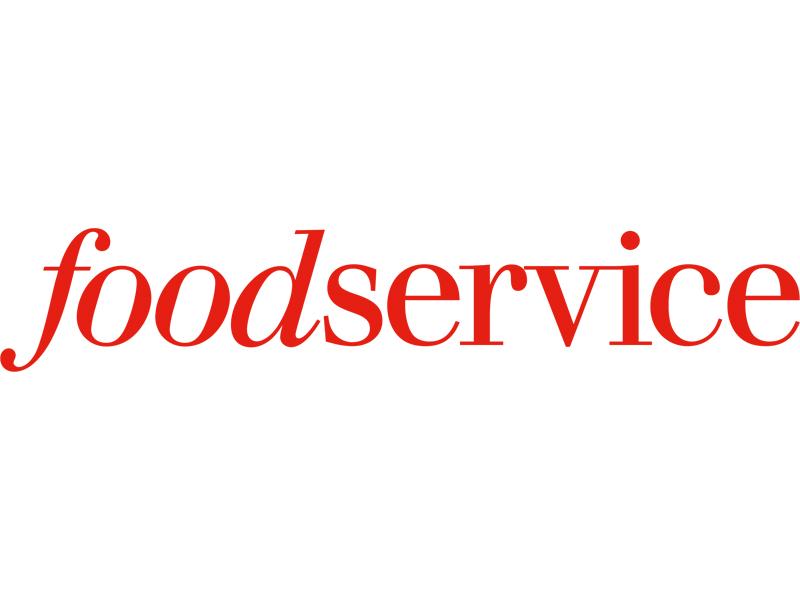Everybody wants money
Harry Goss, a devoted McWin partner, brings a wealth of expertise to the table as the head of the private equity firm’s foodservice division. As a distinguished member of the management team and investment committee, Goss willingly imparts his insights into the world of mergers and acquisitions, as he did at EFSS 2023. The details of his presentation are unveiled below.
Goss’s career journey has traversed the realms of investment banking at Lehman Brothers and Nomura. In the decade leading up to his permanent partnership with McWin Capital Partners in October 2022, he honed his focus on foodservice investment banking under the umbrella of Nomura. McWin, a prominent name within the industry, recently made headlines with its acquisitions of L’Osteria and Big Mamma Group.
Harry Goss’s adeptness is unquestionable, and it shone brightly at the European Foodservice Summit in Zurich this year. He delved into the intricate process of securing funds for expanding a restaurant chain, addressing the essential elements that underpin success in this endeavor. Key questions revolved around the sources of investment within the hospitality sector.
Among the primary avenues for raising capital, Goss highlighted the route of drawing funds from personal networks or family connections, acknowledging the relevance of business angels and the ever-pervasive world of crowdfunding. However, he astutely noted that genuine professional interest from investors typically arises when a restaurant chain reaches a turnover of at least 10 million euros. It’s at this threshold that international funds become intrigued. Additionally, an IPO emerges as a viable option for procuring capital, though Goss cautioned that this remains a less-frequented path in Europe compared to the United States. In the U.S., hospitality sector IPOs have soared to approximately 500 billion euros, while Europe has seen offerings worth around 10 billion euros.
Goss dispensed further valuable insights concerning the question of how to source funding. For potential investors, the long-term growth prospects of a restaurant operation take center stage as the most pivotal criterion. Goss underlined that there is a substantial range of valuations within the restaurant industry, with EBITDA multiples spanning from 4 to 40. Consequently, a thorough evaluation of growth potential is imperative.
Furthermore, Goss stressed that growth potential hinges on several core elements. Firstly, the strength of the management team, seasoned with extensive experience in the restaurant industry, can exert a substantial influence on a company’s prosperity. Secondly, the restaurant’s concept should stand out, offering a unique and appealing proposition to prospective patrons. This emphasis on differentiating one’s concept and aligning it with market appeal is vital in navigating the complexities of securing investment in the restaurant industry.
Here’s an insightful overview of the five key criteria that, in Goss’ estimation, hold paramount importance in the realm of financing for the foodservice industry:
- Management Team and Experience: At the helm of these considerations is the management team, a linchpin in the investment evaluation process. Investors should diligently seek out a management team that boasts extensive experience within the hospitality industry and possesses a track record of proven success. The competence and proficiency of the management team can wield a significant impact on a business’s trajectory and prosperity.
- Revenue and Profitability Performance: Scrutinizing the financial performance of a restaurant company stands as a pivotal step for investors. Delving into sales trends and profitability over time is crucial. A company demonstrating an upward trajectory in sales coupled with stable or expanding profitability exemplifies its successful nature and potential for future growth.
- Customer Loyalty and Market Development: Another paramount consideration hinges on customer loyalty and market expansion. Investors must delve into whether the restaurant company has fostered a loyal customer base and whether there exist untapped growth opportunities in the market. A strong following of loyal patrons and the promise of new market avenues serve as positive indicators of forthcoming success.
- Location and Competitive Environment: The geographical placement of a foodservice company is a pivotal factor. Investors should engage in a thorough analysis of both the location and the competitive landscape. A favorable location with limited competition can significantly influence the overall success of the business.
- Cost Management and Efficiency: Concluding this financial evaluation is the imperative of cost management and operational efficiency within the catering enterprise. It is crucial for the company to maintain a tight rein on its costs while ensuring efficient operations. Investors should be keenly attuned to avenues through which the company can optimize its cost structure, all while enhancing the quality of its offerings and the level of service.
In the complex and dynamic landscape of the foodservice industry, these five criteria, as elucidated by Harry Goss, serve as guiding pillars for those seeking to invest and prosper within this unique sector.




